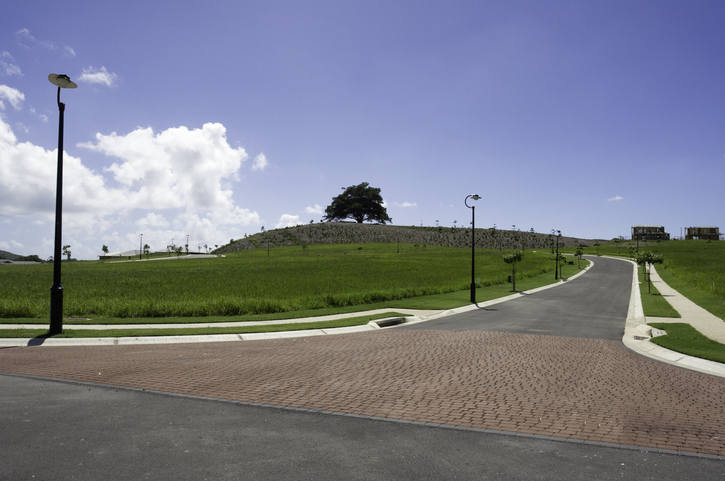
An easement is a right to use a parcel of real estate for a specific purpose. For example, the owner of a tract of land that does not directly border a road may have the right to cross his or her neighbor’s property to access the road. Public entities and utilities have easements for underground pipes, overhead wires and other infrastructure. However, disputes can arise concerning the relative rights of the landowner and the easement holder. When this happens, especially in the course of selling or developing a property, a legal resolution must be worked out.
There are various ways of creating easements, but they fall into two basic categories: express or implied. An express easement is made in writing, typically in a deed or a contract containing an assignment of rights. This document sets out the purpose, scope, location and duration of the easement. An express easement can also be created by eminent domain, using the government’s condemnation power, to serve a public purpose.
Implied easements can arise in a number of circumstances, such as these:
- Necessity — The owner or occupant of locked-in property needs to cross adjoining land to access a public road.
- Prescription — Someone has used the property or a portion of it openly for an extensive time period. For example, a landowner mistakenly encroaches on a neighbor’s property when building a structure or other improvement, which is unnoticed or not protested.
- Estoppel — This can occur when a landowner takes actions or makes representations suggesting that an easement exists, leading another person to act in reliance.
- Prior use — A court may recognize an easement when there is evidence a property owner intended to create an easement and another person made use of the property consistent with that intent.
Easement disputes can arise for various reasons, such as these:
- A property owner is interfering with your right to use an easement on their property.
- An easement holder is misusing an easement on your property.
- You want or need an easement but the property owner refuses to grant you one.
- The parties dispute the existence or scope of an easement.
- A neighbor or other interested party is demanding an easement that you believe will diminish your property’s value.
- You want to terminate an existing easement on your property.
Whether you own property or you hold or seek an easement, an experienced attorney can help you quickly resolve an easement dispute while defending your interests. At the Chicago litigation firm of Schwartz Law Group, LLC, we take a strategic approach, finding creative and cost-effective solutions for our clients. Call us 312-436-1442 today or contact us online to schedule a consultation.
